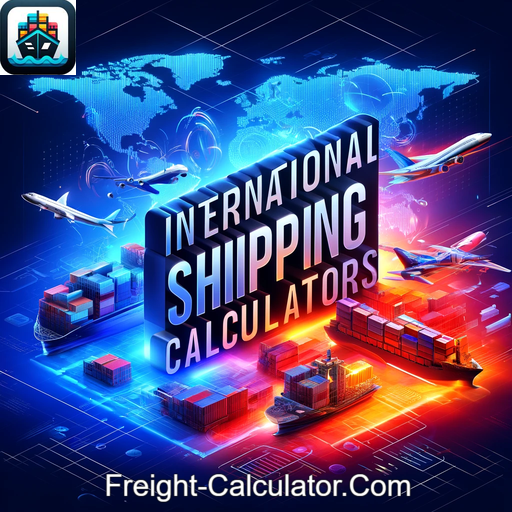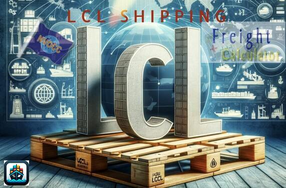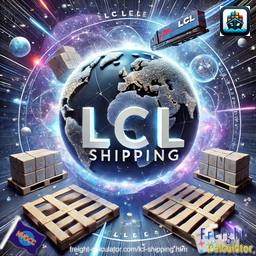
LCL Shipping vs. FCL Shipping
Compare Less-Than-Container-Load (LCL) and Full Container Load (FCL) options for international shipping.
Compare Less-Than-Container-Load (LCL) and Full Container Load (FCL) options for international shipping.
LCL Shipping vs. FCL Shipping

In international shipping, choosing between Less-Than-Container-Load (LCL) and Full Container Load (FCL) is essential, depending on shipment size, urgency, and budget. LCL Shipping is ideal for smaller shipments that do not fill an entire container, allowing shippers to share space and cost. FCL-Shipping is perfect for larger loads that require a dedicated container. Here we compare both options to help you decide on the best choice for your needs.

LCL, or Less-Than-Container-Load, is a cost-effective solution for those who have smaller shipments. By sharing container space with other shippers, you save on costs, paying only for the space used. Our LCL Shipping Calculator provides instant quotes, factoring in volume and destination to give precise costs.
LCL shipping is beneficial when the goods you are shipping are not time-sensitive, as consolidation and deconsolidation can take additional time. However, it remains an affordable solution for businesses looking to manage costs. With origins and destinations worldwide, LCL can efficiently bridge global supply chains.

Full Container Load (FCL) shipping is the choice for those needing exclusive container use. This option provides security, faster transit, and flexibility in packing. The FCL Shipping Calculator allows users to calculate costs for 20-foot and 40-foot containers, taking into account destination, customs fees, and other logistics.
With FCL, businesses avoid the need for consolidation and deconsolidation, which speeds up shipping times. FCL is ideal for time-sensitive shipments and goods that need to be handled delicately or in bulk, ensuring efficient and prompt delivery.
The main difference between FCL and LCL shipping rates lies in how costs are calculated. FCL rates are based on container type and destination, while LCL rates consider volume in cubic meters. Our FCL vs. LCL Shipping Rates Comparison provides a clear breakdown of pricing models, ensuring transparency and helping you decide the most cost-effective solution.
The ability to choose between FCL and LCL gives businesses flexibility. For instance, those needing regular shipments of moderate volume may find LCL more economical, while those with bulk shipments or special handling requirements benefit from FCL.

For specialized shipments, Less-Than-Container-Load (LCL) provides the necessary flexibility for delicate or custom-sized cargo. Freight-Calculator ensures that even smaller shipments reach global destinations efficiently and economically. Our system provides weekly sailing options, pickup services, and timely tracking to manage shipments from origin to delivery seamlessly.
BL (Bill of Lading): Document issued by a carrier to acknowledge receipt of cargo.
CBM (Cubic Meter): Measurement used for volume in international shipping, often used in LCL pricing.
Customs Broker: Specialist who assists with import and export requirements to ensure legal compliance.
Drayage: Transportation of goods over a short distance, often as part of a longer shipping journey.
FCL (Full Container Load): Shipping option where the container is dedicated to one shipment.
LCL (Less-Than-Container-Load): Shipping method for smaller shipments that share container space with other cargo.
Palletization: The process of placing cargo on pallets for easy handling and transport.
Pro-Rated Charges: Charges that are divided among shipments based on the space each occupies in LCL shipping.
SED (Shipper's Export Declaration): Document providing export details, required for certain international shipments.
Storage Fees: Costs incurred for storing goods before or after transit.